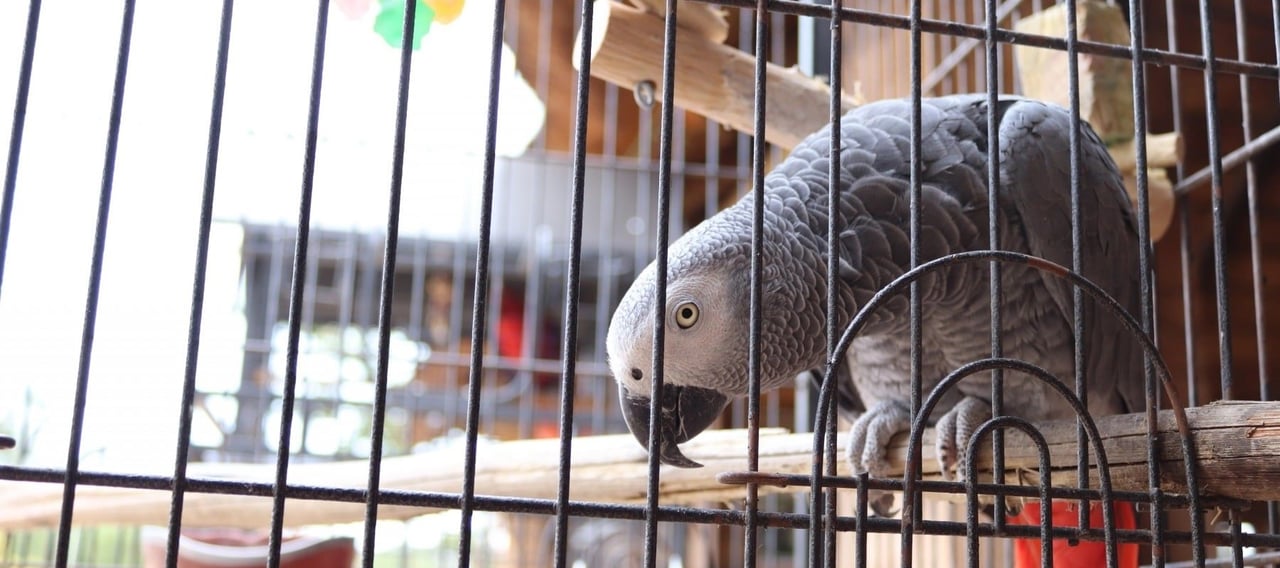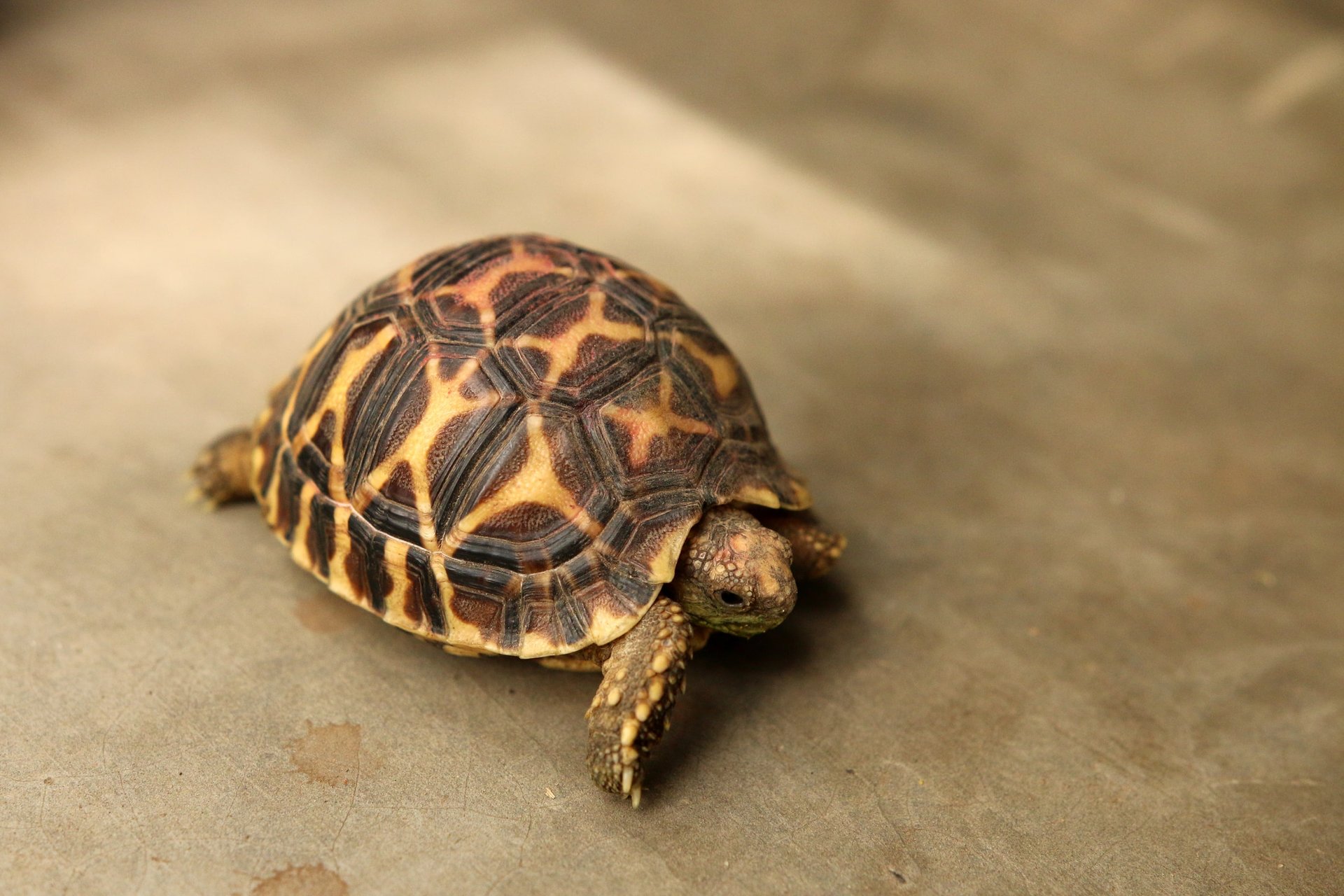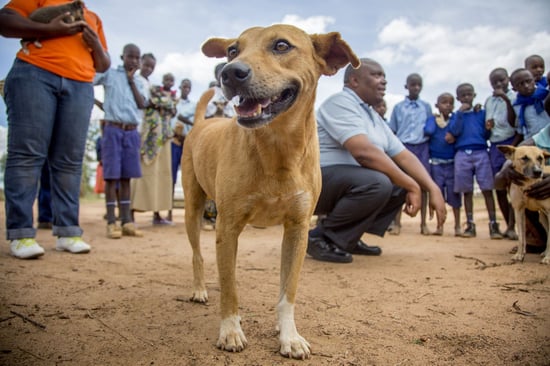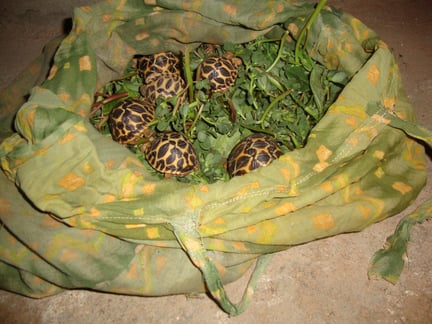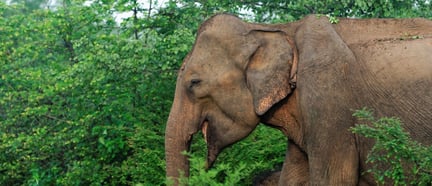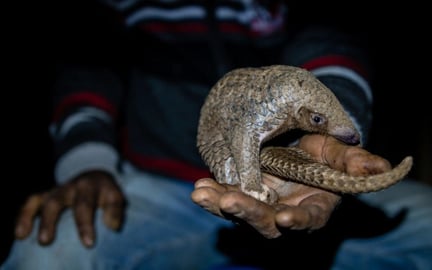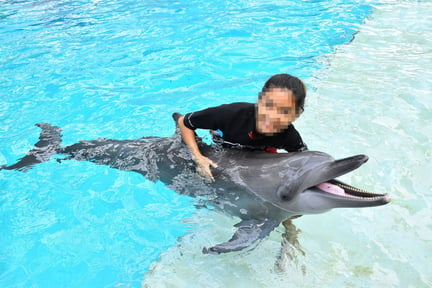Exotic pets
Each year, millions of wild animals are captured from their natural habitats or born into captivity, just to become pets. Our houses are no home for a wild animal. Learn how we’re tackling it
Snakes, parrots, iguanas, tortoises, and even otters – these are just some of the species suffering as pets around the world.
There are legal and illegal sides to the exotic pet trade. But legality doesn’t matter; captive-bred or wild caught – it’s all cruel. And this trade is growing fast.
No wild animal can have its needs entirely met when kept as a pet. In a home, there is no way to replicate the space and freedom they would have in the wild.
Many are kept in spaces vastly smaller than their natural habitats, meaning they can’t perform normal behaviours. Often, exotic pets don’t receive the correct nutrition, even if owners try their best to feed them properly.
Simply, if they’re not in the wild they will experience some level of suffering.
Why is it bad to have exotic pets?
Often, they’re shipped huge distances, and taken to countries vastly different from their original homes.
- Basic needs not met: At least 75% of pet snakes, lizards, tortoises and turtles die within one year of becoming a pet.
- Cruel captive breeding: Artificial breeding in captivity can cause ball pythons serious genetic defects.
- Insufficient nutrition: Captive green iguanas can suffer from soft bones due to poor diet
- Unhealthy human contact: Handling Indian star tortoises can cause them disease and death
- Confined in tiny spaces: African grey parrots fly several miles a day in the wild
These animals suffer long before they reach our homes, too. Many exotic pets suffocate and die in transit before they even reach pet stores. Often, they’re shipped huge distances, and taken to countries vastly different from their original homes.
Shockingly, for example, 66% of African grey parrots like the one pictured above die in transit.
And poachers often kill protective otter parents, so they can capture their young before selling them on.
We know people often purchase exotic pets because they’re animal lovers. Animals bring joy to our lives, so it’s understandable that we’d want them to be part of our home.
We encourage everyone to appreciate and respect wild animals where they belong – in the wild.
Many exotic pet owners, however, are unaware of the daily suffering their animals endure.
We encourage everyone to appreciate and respect wild animals where they belong – in the wild. We should only share our homes with domesticated animals who’ve evolved over thousands of years to be our companions, and whose needs can be completely met as pets.
Keep an eye on our website, Facebook page, and other social media over the next few months to learn how you can help protect wild animals from the cruel exotic pet trade.
Sign up to our mailing list
